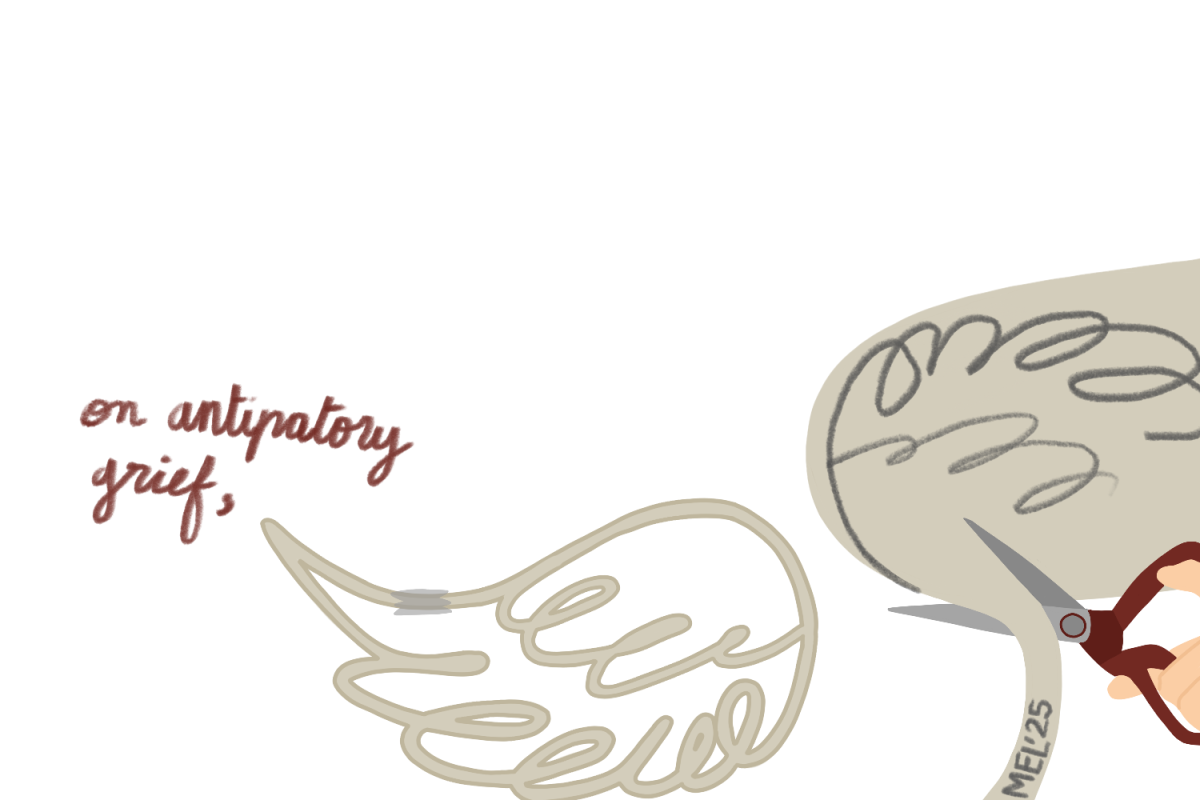Ethics is founded on the idea that human actions are not entirely dictated by egoism, the pursuit of self-interest, but rather there is an overriding moral force that compels people to act even without personal gain. Although egoism might be one of the main factors that influence decision-making, it is not the only one — it is also rational for individuals to put themselves aside and show impartial concern for others.
This school of thought necessarily condemns egoism as a concept that naturally diminishes both the existence and the usefulness of any morality, propelling contrasting doctrines based on a moral obligation to benefit others.

Altruism is strongly encouraged in our culture as a key value for a happier community as it makes kindness contagious and overall spreads positivity. This point of view also enhances the specific interpretation of people as collaborative, compassionate and inherently kind individuals that is reflected by the guiding principles of modern society. Christianity propels people to treat others as they wished to be treated themselves, whereas Article 73 of the United Nations Charter obliges states to support communities within nations, not only other nation-states.
Several philosophers tackled the dispute between egoism and morality as contenders for a more moral way of living. Those who chose to advocate for the more unpopular argument — that egoism can coexist alongside morality — developed compelling, nuanced theories in favor of some degree of egoism in life.
Thomas Hobbes, an English philosopher from the 17th century, is among the main proponents of egoism as one of man’s unalterable traits. Hobbes argues that self-interest is the only motive behind anyone’s actions and stated that he would only help a beggar on the streets if doing so would alleviate his annoyance caused by seeing the man in need.
He goes as far as saying that selfishness is also the main reason behind the “social contract,” a pact that justifies the existence of sovereign power, wherein individuals agree on partially restraining their freedom to yield it to the sovereign chiefly because it would grant them increased protection.
Hobbes’s dismal perception of life and mankind in general represents one extreme of the spectrum — people can’t help but act out of concern for their welfare because life is a zero-sum game.
Aristotle, on the other hand, offers a less somber perspective and discusses selfishness in his work “Nicomachean Ethics” in terms of self-love. He argues that a good man is “particularly selfish,” but chooses the Greek word “philautos” — which is better translated as “self-lover” — de facto already answering the question of “whether one should love oneself or someone else most of all.”
Before making his claim, the philosopher warns humans from surrendering to a worldly kind of selfishness strictly related to the pursuit of bodily pleasures. By likening spirituality to materialism, humans may satisfy the most irrational part of their soul and only seek to fulfill trivial desires throughout life.
The noble selfishness Aristotle advocates for has completely different roots. To dedicate oneself to a personal quest for wisdom, justice and virtue has to be regarded as selfish, but in the least harmful and reproachful way. Such humans strive for noble ideals that can enrich their lives as well as their communities and will eventually achieve virtue — the greatest of all goods.
Although individual choices should never come at people’s expense, we must learn to prioritize our own needs and especially when it is appropriate to do so.
The first step is self-acceptance, namely acknowledging that we must listen to our own needs and accepting that caring for our wellbeing is the opposite of egoism. Overlooking our personal growth can also be detrimental to those around us because self-love teaches values such as patience and empathy.
Ayn Rand, a modern philosopher from the 20th century, wrote “The Virtue of Selfishness” to defend her stance on ethical egoism. According to Rand, not only is it utterly rational to put self-interest first, but it would be immoral not to do so. Because life is ultimately our most precious asset, it would be absurd for people to surrender even a part of it and all societies that allow the surrendering of life are wrongful, Rand writes.
The Aristotelian saying “in medio stat virtus” — translating in English to virtue stands in the middle — is probably the only possible answer to this philosophical debate. But I strongly believe that ethics can be found in selfishness and that implementing some degree of egoism in our lives can be beneficial for the relationships we nurture as well as with each other.

























































































































